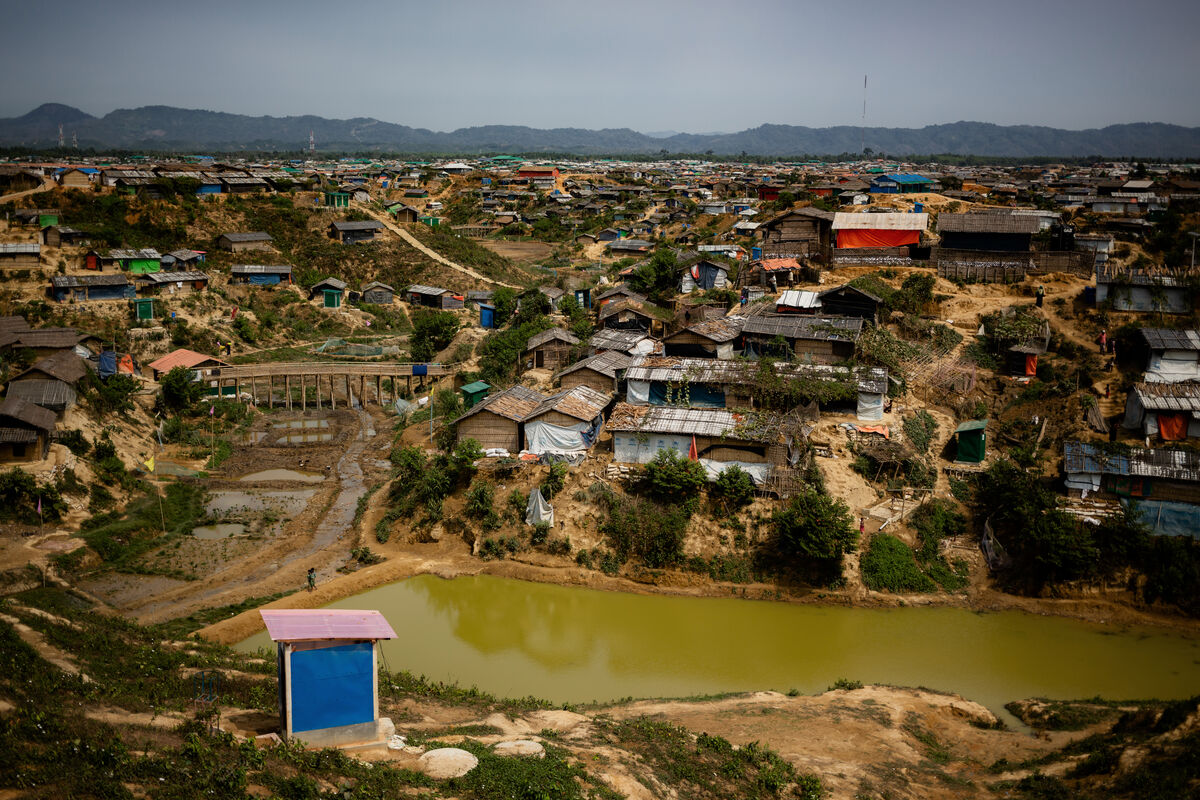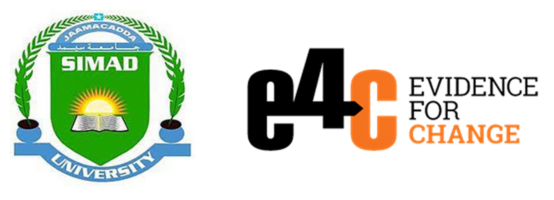The London School of Hygiene and Tropical Medicine (LSHTM), SIMAD University and Evidence for Change (e4c) have launched a multi-disciplinary project to drive collective action on mortality estimation in the humanitarian sector. Funded by Elrha through the UK Humanitarian Innovation Hub (UKHIH), we are a ‘systems innovation partnership’ which seeks to work with diverse partners in the mortality estimation community of practice to explore challenges and opportunities to drive systems change.
Estimating mortality associated with a humanitarian crisis is critical for assessing needs objectively and key for evaluating humanitarian responses. Mortality estimation is difficult to do, however. Mortality measurement is rarely accurate or comprehensive because of difficulties accessing populations and mortality data is often contested for both methodological and political reasons. Coordination of stakeholders that could produce and use mortality evidence for public health decision-making to respond to crises is also fragmented and lacks a consistent ‘home’ to advance best practices.
This project responds to previous calls by us and others to accelerate action on system-wide strengthening of mortality evidence generation and uptake in humanitarian settings.
Project objectives
Running for 12 months, from April 2024 to March 2025, the project will:
- Document experiences of mortality data collection, analysis, use by decision-makers and impact in crisis context case studies.
- Trace global-level processes that have influenced mortality estimation work across crisis context case studies and at a systems level.
- Develop and pilot a cross-agency mortality data observatory.
- Work with others in the mortality estimation community of practice to propose an acceptable and feasible governance mechanism for systematic mortality evidence generation and uptake in future crises.
LSHTM is the lead, grant-holding institution with oversight shared by Principal Investigators, Francesco Checchi and Jennifer Palmer. The SIMAD team is led by Co-Investigator Najib Dirie. The e4c team consists of senior consultants, who have long track record of running community-based mortality surveillances in humanitarian settings.
People

Francesco Checchi
Principal Investigator
Chair of the Steering Committee, Professor of Epidemiology & International Health

Najib Dirie
Lead Investigator for SIMAD University
Dean Faculty of Medicine and Health Sciences at SIMAD University



